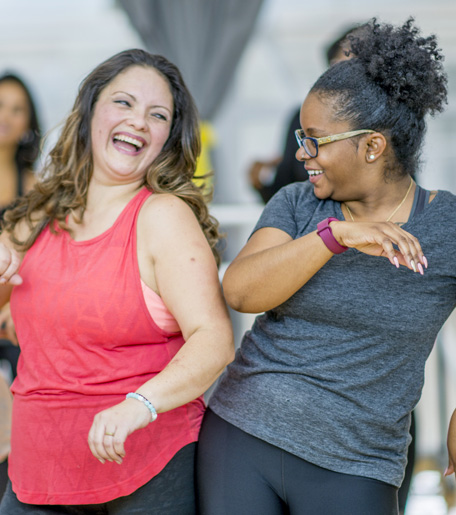Pelvic Floor Therapy
Urinary Incontinence Relief In Miami FL
The pelvic floor muscles, located in the perineum, are responsible for bowel, bladder, and sexual function in addition to their role as stabilizer or a core muscle. There are two main categories of pelvic floor dysfunction: underactive (weak) pelvic floor muscles and overactive (tight) pelvic floor muscles.
For women, these muscles may weaken after the stress of pregnancy and childbirth. Other causes of weak pelvic floor muscles include chronic constipation, chronic coughing, heavy lifting, high impact sports, aging, and obesity.
Tight pelvic floor muscles, a far less common condition, are thought to occur as a response to pelvic pain.
Professional pelvic floor muscle therapy improves patients' lives by strengthening the pelvic floor muscles. Therapy decreases the risks and/or symptoms of urinary incontinence, overactive bladder, pelvic pain, pelvic organ prolapse (cystocele/rectocele), and sexual dysfunction. Many women also undergo pelvic floor therapy for treatment of vaginismus (involuntary contraction of vaginal muscles) and endometriosis.
Levin’s Women’s Health & Wellness Center is pleased to offer pelvic floor therapy in our North Miami office. We contract with specially trained clinicians who will develop an individualized treatment plan to address your specific needs. Sessions typically last about 30 minutes and most women need from 6 to 8 sessions. The comprehensive program includes assessment, therapy, and education during each visit.
This pain-free nonsurgical treatment method can potentially spare you the need for surgery. The goal is to retrain pelvic floor muscles as way to help control bladder, bowel, and sexual function. Pelvic floor therapy harnesses your body’s natural ability to heal with muscle retraining and neural stimulation, all under the guidance of a trained clinician.
Pelvic floor therapy may involve several techniques, including:
- Pelvic floor exercises, in which patients are taught how to contract and relax pelvic floor muscles, as well as breathing and timing techniques to make the exercises more effective. These exercises help stretch tight muscles or strengthen those that are weak, improving flexibility.
- Manual therapy in which hands-on massage or stretching is used to help with posture, blood circulation, and mobility.
- Pelvic floor biofeedback, which helps women gauge how their pelvic floor muscles are functioning. This involves the insertion of a probe into the vagina with results displayed on a computer screen.
- Vaginal dilators, which are tube-shaped devices that enable women to learn to relax their pelvic muscles.
Women treated with pelvic floor therapy have been found to attain a 75-90% rate of improvement.
To learn more about pelvic floor therapy, contact Levin’s Women’s Health & Wellness Center at (305) 981-0231 or use our online appointment request form to arrange a consultation with one of our gynecologists.

